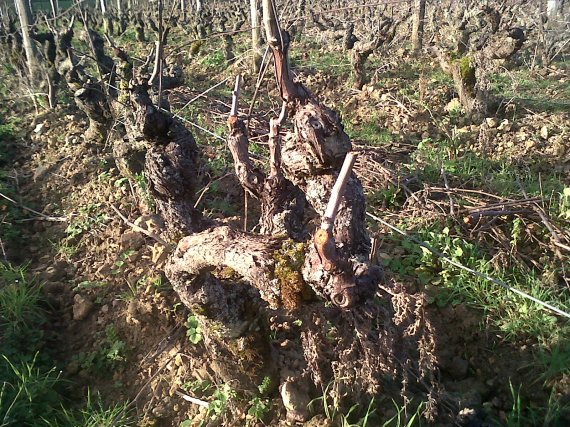-
The minerality from David Lefebvre
"Many experts and professional confused with the other flavors (such as a metal or sulfur) and above
, The minerality in terms of taste
is a simple concept (....) minerals,
mineral salts , also known as the nutritionally
trace elements (...)

But organic chemistry and chemistry
mineral, these are two different disciplines. and
sulfur compounds, our expert tasters
nature are often expressed by the term "mineral expression",
are other than organic compounds
which have nothing to do with minerals (...)
In short, the natural winegrowers feel intuitively
that more land is alive, the more fruit
grows there is qualitatively rich in minerals.
salt minerals , it is the taste (...) To be convinced,
just compare a tomato from the garden to a
indutrial tomato (above ground) of greenhouses of netherlands
But this the mineralization leads to
perspective of natural wines, by the release of elements
minerals from their organic matrix to
form salts (...) This is also where one of the characteristics
that natural winegrower are rediscovering .
All fermentation, milk cheese,
from grape to wine is accompanied
the appearance of the component saline, one could
mineral say, in the taste of the fermented product.

It must be qualitatively rich grapes (not quantitatively)
minerals for these transformations then
perform the miracle of fermentation
the expression of terroir, that the Cistercians called
the spirit, the salt (...) In summary, the approach
natural wines is: a
viticulture alive for tasty fruits,
whose fermentations will express their minerality.
All biocides and other products that block
mineralization, such as SO2, inhibit the expression
mineral.From "why natural wines without sulfur express the minerality of David Lefebvre -Journalist and wine consultant
-
The minerality from David Lefebvre

